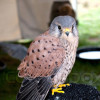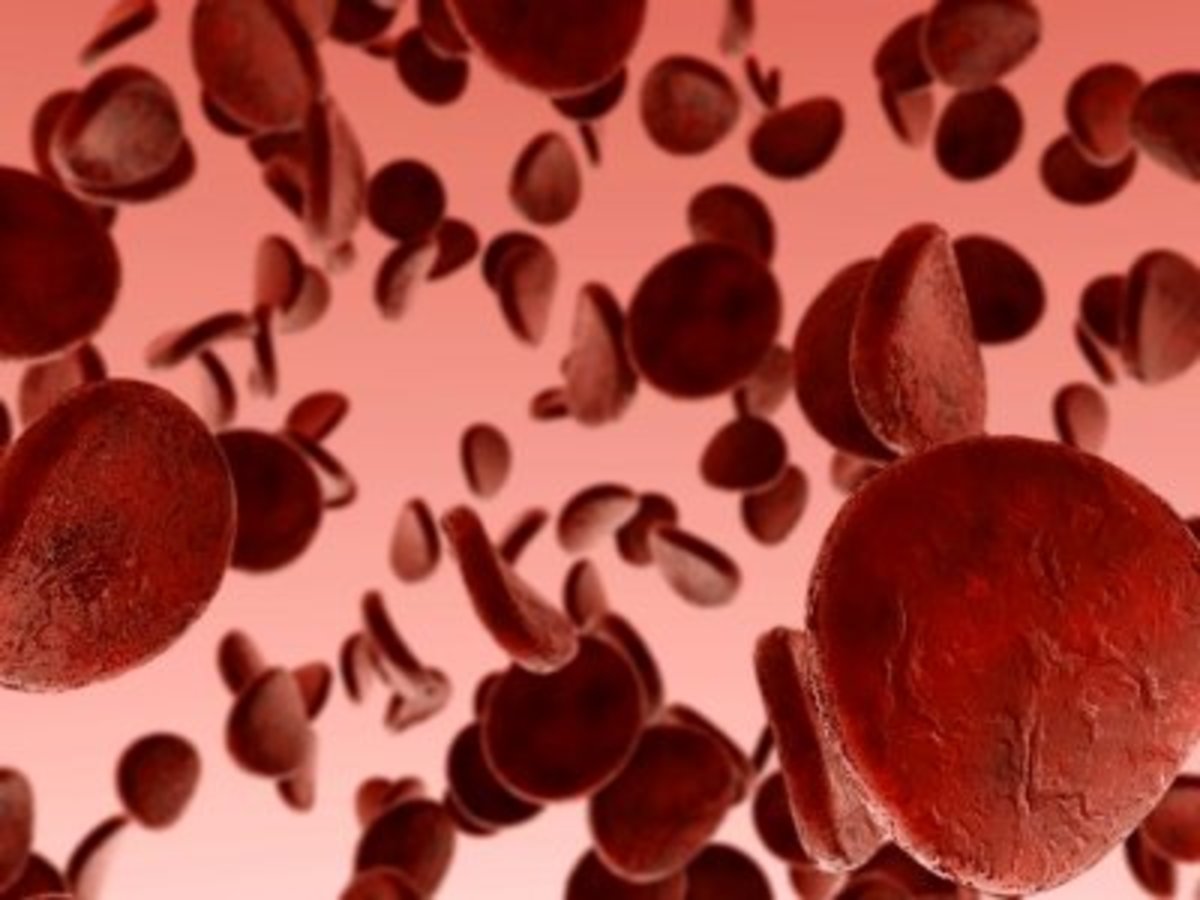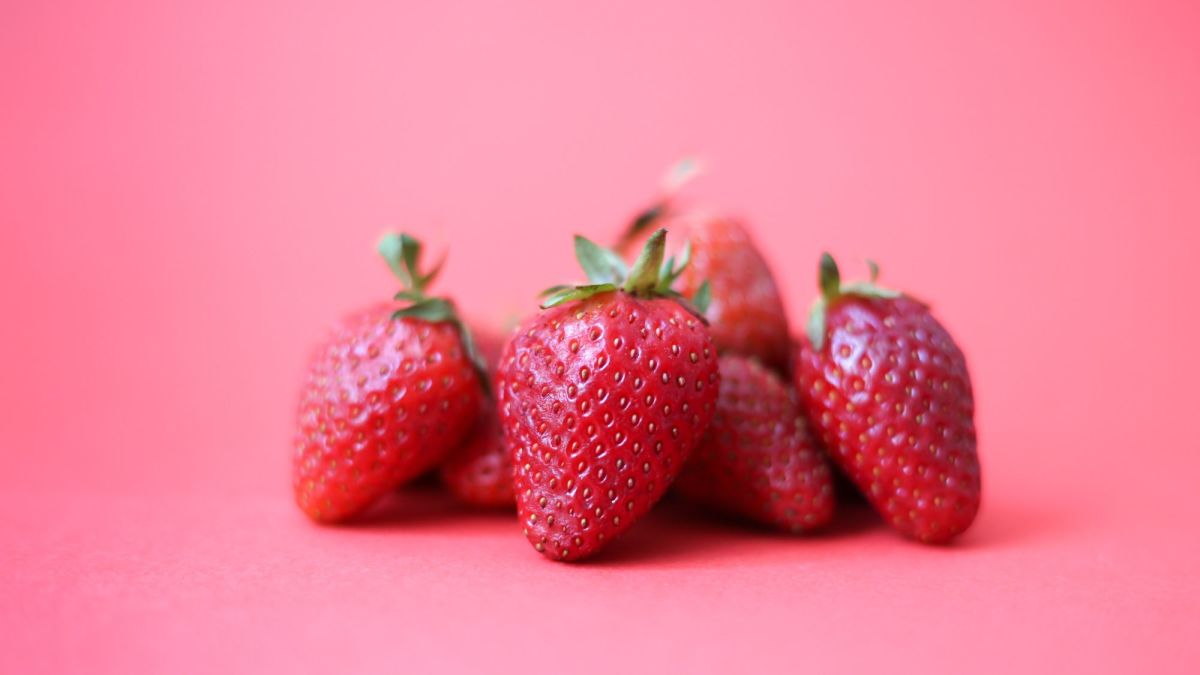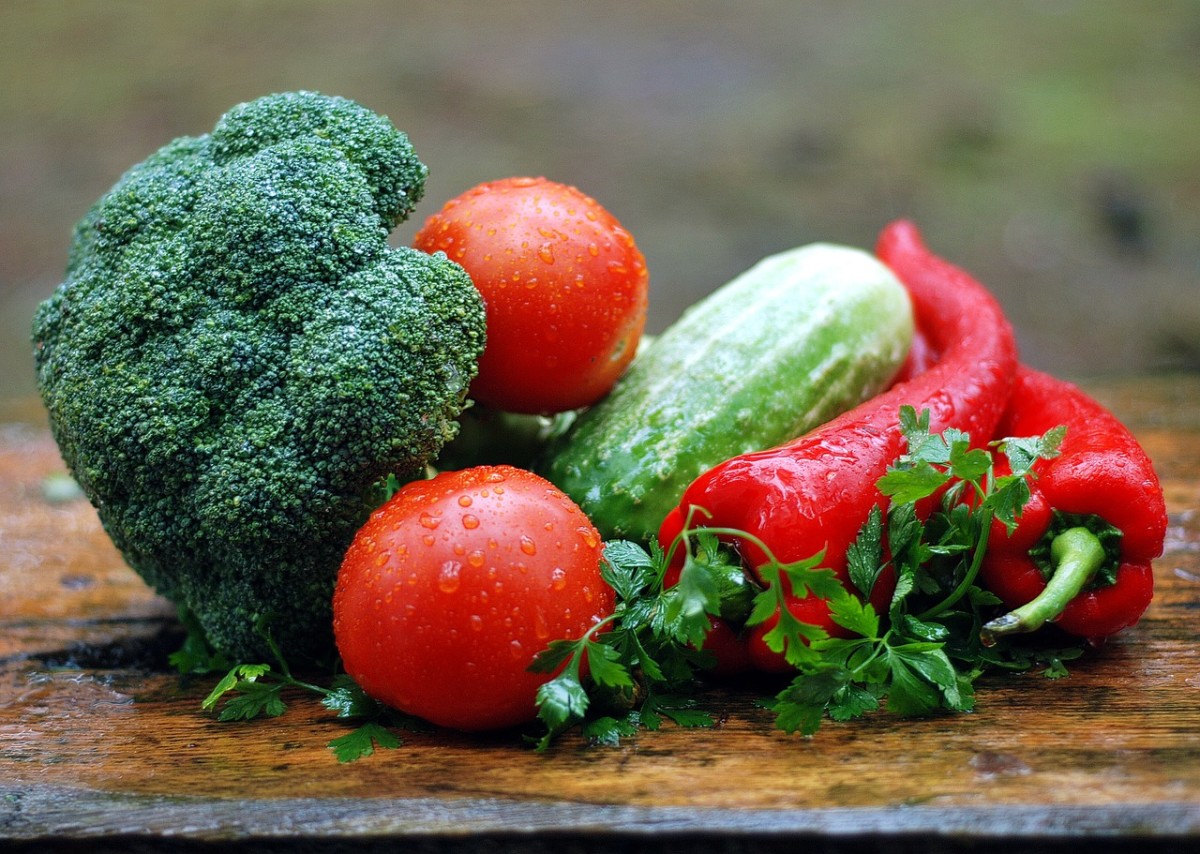What diet should I have if I have O or AB Blood Type?

We all have different blood types which are inherited from our antigen genome from both of our parents. How does this impact on our health?
Let's first take a look at what diet people with O blood type.
O-blood people typically belong to the carnivorous bunch or simply known as the meat eaters. Most people with this blood type tend to be really outgoing, extrovert or energetic types. Perhaps this is the reason why people with O blood need to have a higher protein intake compared to their counterpart blood types. These people can eat fish and all types of meat and should also have plenty of vegetables and fruit to balance out this meat intake.
Food that are exceptionally good for these people include seafood, liver, red meat, spinach, broccoli and kale. These foods complement the O blood type population and optimises their health and energy levels.
Foods that O-blood type people should not have too much of include beans and grains including wheat and corn. Other foods to avoid include lentils, brussels sprouts, mustard greens and cauliflower.
One other factor we need to look at include the impact of having O blood type or having an O half-counterpart in their blood genetics. For example, the blood type A can result from the pairing of an O blood group from one parent which has no antigen and A antigen from their other parent (thus AO which becomes A blood type because A antigen is the dominant gene) or they may have two parents who have the A antigen resulting in AA. This is a similar phenomenon in B group blood type which can result from the coding of OB or BB. Thus it is important to consider the impact of this on the diet as well.
For example, for a person with a blood type A with the genetic coding of AO, one should be guided by the dietary guidelines for that of the O blood type as well as the A blood type.
AB blood type diet
People belonging to this group has both the A and B antigens in their genetic make-up. Seeing that there is a mixed antigen pairing, people in this group will require a mixed moderating diet which includes meat, dairy, seafood, beancurd (or tofu), beans, vegetables and legumes.
Foods particularly beneficial to promote optimal weight include greens, pineapple, kelp, seafood, tofu and dairy.
Foods AB people need to limit or avoid include red meat, corn and buckwheat.
Conclusion
Of course, dietary guidelines should not rely on blood type alone. Other guidelines would include our constitutional type which we each are born. This is unique to every individual as we are born with our own different predispositions to certain ailments for example.
At different times such as when we are ill or under stress will relate to the increased requirements for certain food, vitamins and minerals. An example includes the increased requirements for iron, calcium and silica when one is pregnant, wanting to conceive or breastfeeding.
If we have conditions such as hypertension and diabetes, this will also determine what diet we should follow and what foods to limit or avoid. This also leads us to the necessary vitamins and minerals we need. Follow me at purplefalcon.hubpages.com on more health and other topics.









